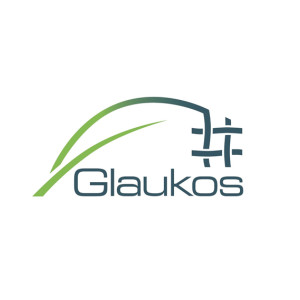 \
&
Contact us
\
&
Contact us
 \
&
Contact us
\
&
Contact us
The general objective of the EIT is to increase Europe’s capacity to innovate, better compete with foreign peers and as a result contribute to the creation of jobs and wealth.
To this purpose the EIT has formed eight innovation communities (full name knowledge and innovation communities or KICs) and their role is threefold: develop innovative products & services, start new companies and train a new generation of entrepreneurs. They have a pan-European set-up though some innovation communities have regional innovation hubs to facilitate the collaboration between the partners. Each innovation community is fully independent and focuses on a specific sectoral challenge (e.g. urban mobility, active ageing, etc.).
The EIT funds Innovation Communities up to a maximum of 25 per cent. This funding is leveraged by the EIT by incentivizing Innovation Community partners to invest in innovation and provide the remaining 75 per cent funding needed for their activities. With the 25 per cent seed funding, the EIT enables them to attract capital from industrial partners and private investors. In the longer run these innovation communities need to become self-sustainable so funding by the EIT is limited in time.
If you would like to get involved you can get in touch with these communities. All details of their opportunities are found here

pascal.verheye@vlaio.be
+32 2 432 43 34
Partnerships unite the EC and private and/or public partners to work together in a specific domain. They offer often a good ecosystem to find collaborations.
Infosheets contain edited content on aspects related to this programme. They are reviewed at least yearly.
Related links are easy pointers towards external information. We curate the list, but are not liable for the destinations.
Documents contain additional information related to this programme, and are similar to related links.

Bio Base Europe Pilot Plant coordinated the Glaukos project, which answered the call topic published in 2019 of Horizon 2020 Framework Programme ‘Develop bio-based fibres and/or functional molecules to improve the performance of textile products’ under the Framework of the Bio-based Industries Joint Undertaking (BBI JU). The consortium partners took up this challenge by valorising industrial side streams and setting up a circular approach to the textile industry.